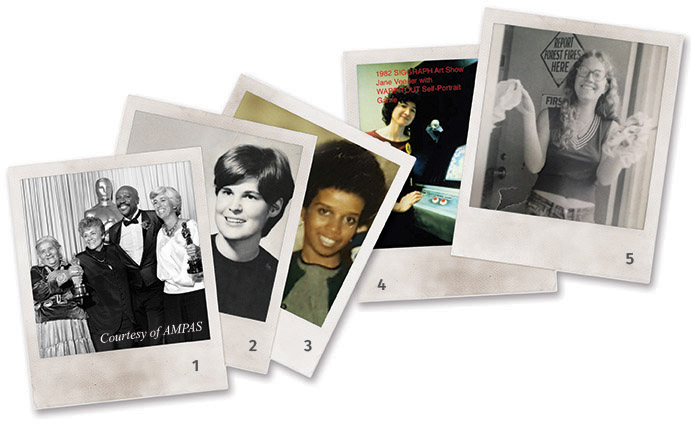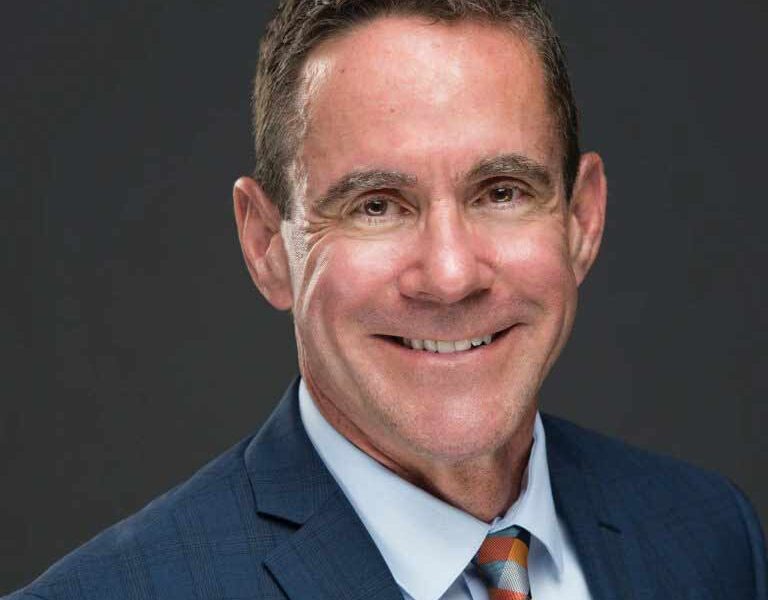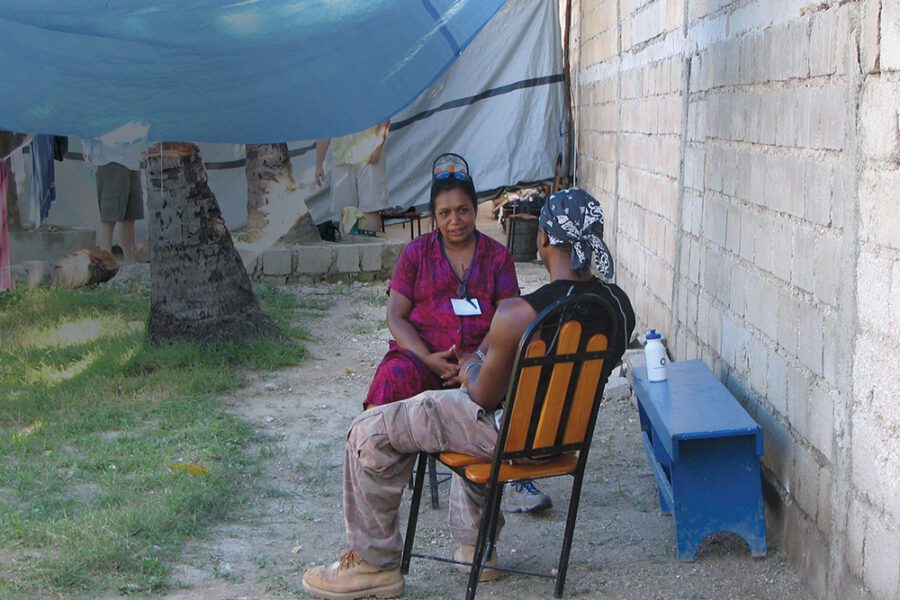We gathered a group of female alumni from the 1960s and ‘70s for a roundtable discussion of their Antioch experiences, including their perceptions of women’s rights issues at the time and today.
1 Victoria Mudd (far right) and Maria Florio (second from left) at the 1985 Academy Awards, where they won Best Documentary Feature for Broken Rainbow, posing with one of the film’s subjects, Katherine Smith, and presenter Louis Gossett Jr.; 2 Livvy Tarleton; 3 Pat Augustus Gilbert; 4 Jane Veeder; 5 Sarah Gorham.
Meet the participants
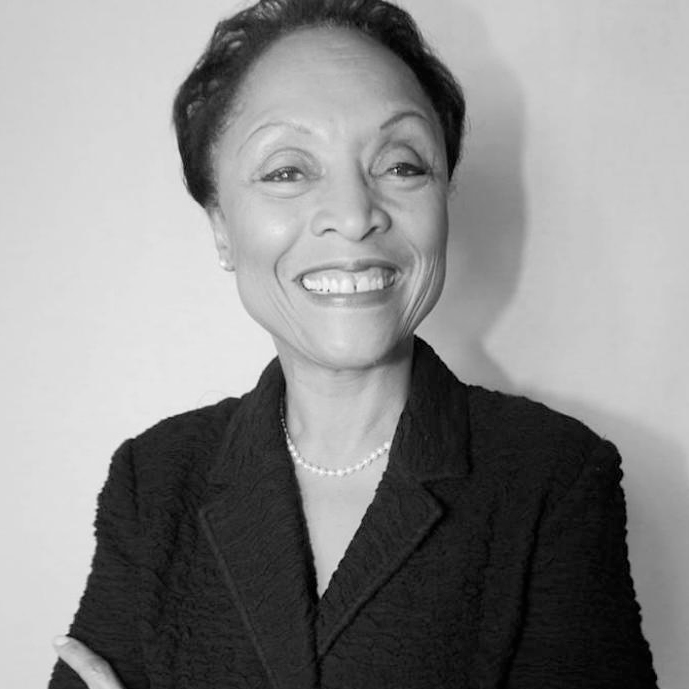
Janet Dewart Bell (Antioch Columbia BA ’73, PhD Leadership & Change ’15) is a consultant and author who earned a Peabody Award for her work with National Public Radio (NPR). She served as Director of Communications for both PolicyLink and the National Urban League. Her PhD dissertation served as the basis of her new book, Lighting the Fires of Freedom: African American Women in the Civil Rights Movement.
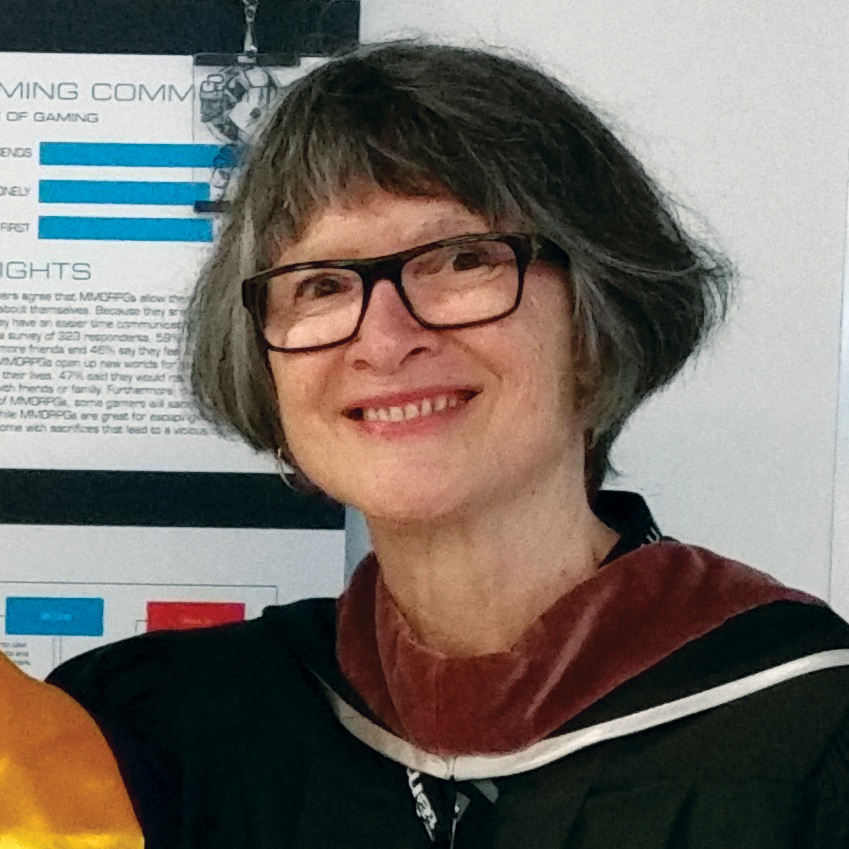
Jane Veeder (Antioch College ’67) is a pioneer in computer graphics and Professor Emerita of the School of Design at San Francisco State University (SFSU). She started working with digital computers in 1978 and was a member of the pioneering Chicago computer graphics community in the early 1980s, producing internationally exhibited animated and interactive computer artworks and designing user interfaces for graphics software development.
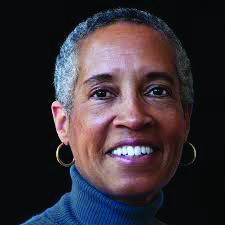
LaDoris Hazzard Cordell (Antioch College BA ’71) is a retired judge of the Superior Court of California and has long been an advocate for improving transparency into charges of police misconduct. As Assistant Dean of the Stanford Law School, she helped develop a program to increase minority recruitment, taking Stanford from last to first within a year in enrollment of African-American and Hispanic students at major law schools.
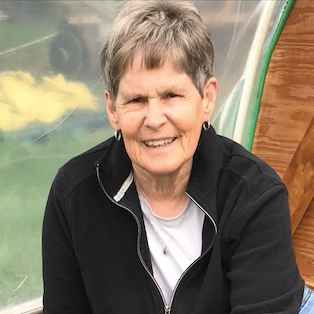
Olivia “Livvy” Tarleton (Antioch Putney MAT Social Studies ’69) is a retired teacher and academic support specialist who worked in Washington, DC and Massachusetts. She and her husband, Chuck, now run Sunset View Farm in Winchendon, Mass.
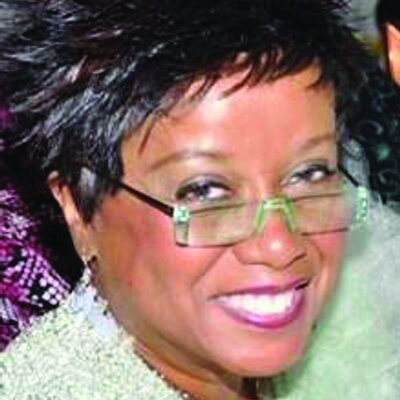
Patricia “Pat” Augustus Gilbert (Antioch Philadelphia BA ’77, MA ’79) is an independent consultant and motivational speaker, and the founder of MOYA (Making Over Your Attitude from the Inside Out), a self-improvement/empowerment plan for women.
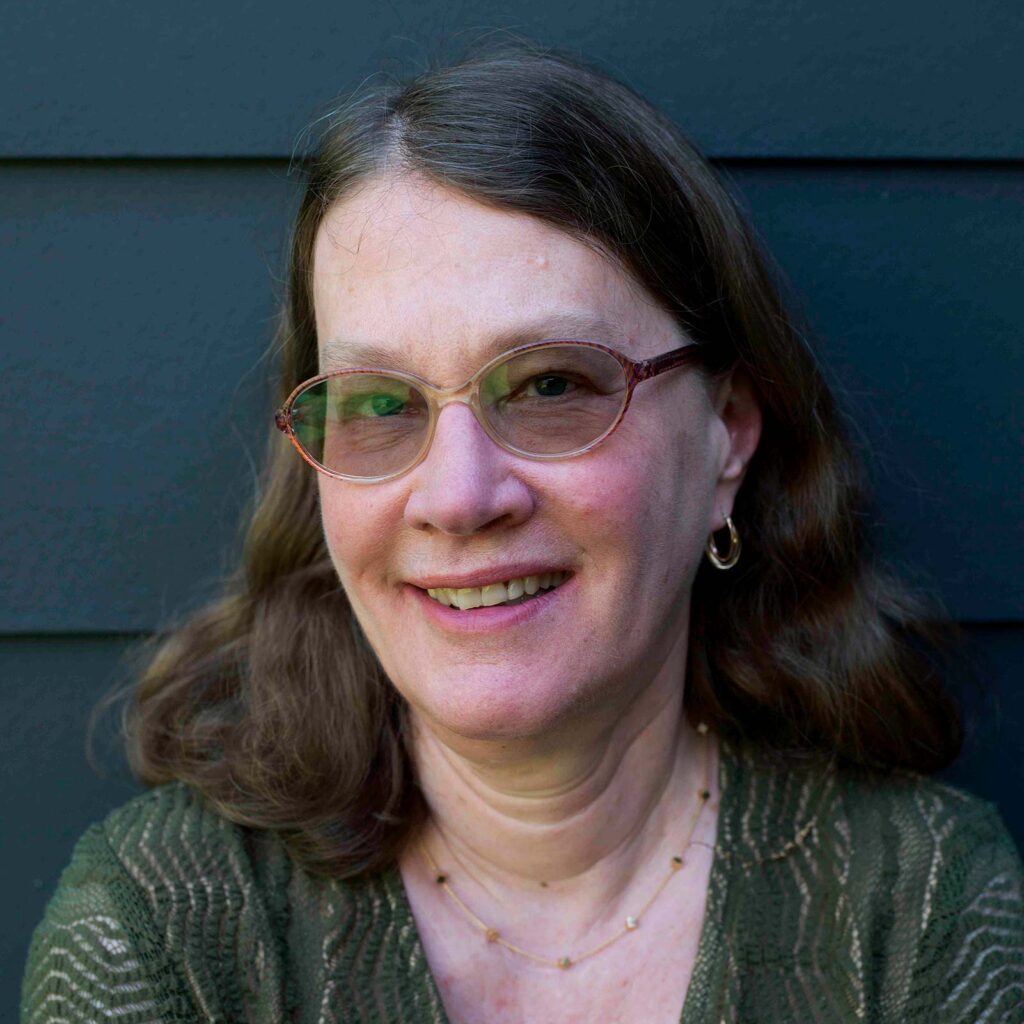
Sarah Gorham Skinner (Antioch College BA ’76) is an award-winning poet and essayist, and the co-founder of Sarabande Books. She received a National Endowment of the Arts fellowship in 2013. Sarah is known for her memoir Alpine Apprentice, about her experiences as a rebellious teen sent to an international “boot camp” style boarding school in Switzerland.
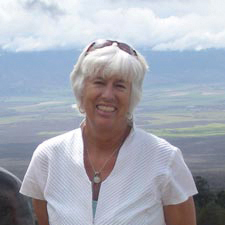
Victoria “Tory” Mudd (Antioch Putney MAT ’71) is an Oscar-winning documentary filmmaker and anthropologist. She won the 1985 Documentary Feature Oscar® for her first film, Broken Rainbow, about “the wrongs being done by our government to the Navajos,” and co-wrote and co-produced another acclaimed documentary, 2002’s Tibet: Cry of the Snow Lion. She and longtime collaborator Maria Florio founded EARTHWORKS FILMS, INC. in 1980.
What do you remember of the campus or center you attended?
Janet: I started taking classes at Antioch in 1968 or 69. I was lucky enough to be in Washington, DC working in television, and someone suggested I look at going to Antioch. My degree is from Antioch Columbia, but I also attended classes in Washington, DC and Baltimore—because they had video programs, believe it or not. So you had Washington, DC, which was primarily black, Columbia Maryland, which was primarily white, and Baltimore which was mixed. We were focused on video and photography, specific technical aspects of communication.
Livvy: Putney, which was my last semester at Antioch, was an extraordinary setting to take classes. We were out in the country, in this big old farmhouse on a hillside. The living room was the main classroom. Some of the bedrooms were made into offices; others were used for student housing. It was so free-wheeling—students would get up whenever they wanted and go to the kitchen, or step outside.
Sarah: I had not even visited Yellow Springs before I enrolled. But it was a really good match for me. The co-op program turned out to be really valuable. There’s nothing like graduating from college with a resume of experiences, even if they are only three to four months long. I think that certainly helped me get along with my future.
Livvy: I graduated from Middlebury in June, a very good co-ed four-year college in Vermont. I was very involved with athletics, and there were 16 pages of boys’ athletics in our yearbook—and one of women! I arrived in Yellow Springs later in June and there was a totally different climate. We had guys in the dorm, which was just not even heard of. And you could get a sense of being on par with men and meeting guys as friends and not as returning colleagues and dating and all that stuff.
Would you say you were an activist, or were aware of feminist activism, during your Antioch years?
Janet: I was the head of my NAACP chapter when I was 12 years old in 1958, and I saw women who were in leadership positions but I didn’t perceive at the time that they were in leadership positions. About the time I was finishing my degree at Antioch, I started working for the National Committee on Household Employment, and I co-authored an article with my godmother who was a household worker. That article was edited by no less than Gloria Steinem! She is probably my biggest single influence in the women’s movement.
Tory: I was more involved with anti-war and racial justice concerns than with women’s issues when I was at Putney. In the first conversation I had with Norm Wilson, he asked me what I wanted to do there. In 16 years of (very) formal education, no one had ever asked me that! I had no idea! But we soon threw ourselves into studying alternative approaches to education. Inspired by A.S. Neill’s Summerhill where students designed their own curriculum, we started a school for homeless teens called, not surprisingly, Winterhill. The faculty generously moved out of the building, the teens moved in and the experiment began. Boy, did we learn a lot!
Pat: As far as the ’70s were concerned, we were black and we were proud. We were proudly wearing or Afros and dashikis. We listened to James Brown. It really transitioned us, as a people. This was our time—we were coming out of the shadows. We were being seen, we were being heard, and this was something that was for the betterment of our African American communities. I was really influenced by Betty Friedan—I read her book, and I started a club with other like-minded ladies. We were very interested in working with housewives, women who felt that their only purpose was to serve their husbands. We worked to get them involved in voting, and in speaking their minds, letting them know that they had an opinion and it should be valued.
Jane: When I was at Antioch in the ’60s, the topic of women hadn’t really come up yet. But there was a demonstration one day which was tear gassed on the main drag of Yellow Springs. People were protesting a barbershop, because the barbers had said that they would not cut African American people’s hair because they didn’t know how to do it. Oakland in the 1970s was very different—there was a big feminist fair. They were showing women’s art. They were setting up women’s artists’ consciousness raising groups and other types of focus groups. Women were getting free gynecological exams. All these women were there and we felt like we could kind of see each other for the first time. We felt visible. It was a civic event about women.
LaDoris: During my Antioch time, I was far more engaged in the fight for racial justice than for women’s rights, primarily because it was my feeling that the women’s movement was not particularly interested in including women of color. It was my perception at the time the women’s movement primarily benefitted white women.
Sarah: I actually lived in the Antioch College fire department… There were lots of female firefighters and the chief was a female. These were strong women. You’d feel it when you went out on runs, because we worked with the Yellow Springs Fire Department and they were always pushing us out of the way and saying, “I don’t want to listen to you, I’ll listen to my chief” and that kind of thing. But within the college it was very open.
Livvy: One of my defining moments at Antioch was teaching at Randall Junior High School, right near the Capitol in Washington, DC. It was an all-black school and there were probably 1,100 black students and 10 whites in the building. The experience of seeing personality and not color or race was something radically different for me. Experiences like being at an all-black school when Martin Luther King was assassinated were absolutely the key to my whole life. Because of that year and such incredible struggles in the classroom, I had such incredible growth in everything I was doing. You know, during the Vietnam War, I had an amazing experience in Dayton, when I was at Yellow Springs, where we went into neighborhoods that I didn’t realize were part of the military—there’s a big base there—and we went door to door passing out handbills. Just getting the reaction of people, you know, and how they looked at Yellow Springs. They were completely conservative and Antioch was completely liberal. It was really a fascinating time.
Which Antioch instructors and staff were most influential to you?
Janet: For me, Margot Kernan (who had been with Antioch’s London program and was Associate Professor of Urban Media at Antioch’s Baltimore center from 1970-75). Margot was a fabulous photographer and videographer. She really taught me a lot about the visual art, and is probably why I started going to the Baltimore campus.
Livvy: I was grateful for the support of Norman Wilson, who served as director of the Antioch Putney Center from 1968 to 72 and was committed to increasing the diversity of Antioch’s student body.
Sarah: I encountered superb teaching in the English department—Ira Sadoff, Dianne Sadoff, and Eric Horsting were my mentors and inspiration. And I worked in a bunch of different places on my co-ops. I went to the Folger Shakespeare Library and was an assistant. I was at the Columbia University nursery school, and I took a workshop at the New School with Daniel Halpern, which is a big deal. I was a counselor at a summer camp where we lived in teepees. It just really expanded my horizons in a way that probably a normal school, a fairly traditional school, would not have. But there were things about Antioch that annoyed me. One was the constant interruption of protests. There was a strike in the cafeteria, so there was garbage everywhere. At one point you were called a scab if you went to any classes.
Tory: Jerry Gamble, one of our teachers in Putney, was the founder of Akwesasne Notes, the first Native American newspaper. He was a pioneer and a fine teacher, and every Wednesday night he would take us down to Francis Flaherty’s barn to hear stories of her husband Robert’s filmmaking adventures, to see her photographs, to absorb her elegance and intellect. In all those remarkable evenings, it never dawned on me that a few years later I would become a documentary filmmaker, and in my own small way, follow in the large and deep Flaherty footsteps. ‘Hold the camera so that your worthy and interesting subject reaches the audience as directly as possible. Get out of the way. Be a conduit for the person whose consciousness you admire to reach the audience, with as little filter or distortion as possible.’ All my filmmaking efforts yet to come were guided by this principle, much to the chagrin of some of my later collaborators, who wanted structure and a script before rolling film. But how could I do that? I didn’t know what this person was going to say, or where their comments would lead me. My approach guaranteed surprises and spontaneity, and a huge pile of outtakes on the cutting room floor!
How did Antioch prepare you for what you’ve gone on to do in your life?
Jane: Those first couple of years at Antioch did something very fundamental to me, because I was looking for my career to be my avenue towards selfhood and independence. Not only financial independence, but in terms of content, having an independent voice. It gave me a taste for change and adventure that continued for the rest of my life. We started our jobs and after two years, I realized, oh, I can have a new idea. I can go off into something I’ve never done before. I got into video, which was totally new at that time in terms of being an accessible creative medium. Soon after that, in the late ’70s, I committed myself to computer graphics, both interactive and animated. I worked at a few startup companies, taught at an art school in Oregon, and then started a 28-year career teaching digital media design at San Francisco State. That sense of independence I got at Antioch just made the difference for my whole life.
Pat: What I ultimately got from it was to really follow your passion, and my passion has been helping people to live their best lives now. I went on to become a guidance counselor, a clinical therapist, a high school administrator, and the owner of a business that worked with nonprofits to be successful in helping the underserved. About ten years ago, I created a women’s empowerment program, MOYA—Making Over Your Attitude from the Inside Out, where I meet women right where they are and help them to where they want to go.
Livvy: When I left Antioch, I continued on in teaching. For 20 years I worked as an academic support specialist at a small Catholic college. I earned another master’s in psychological counseling, and worked with students who had disabilities or were international students or adult learners. My Antioch experiences gave me the skills to encourage them with their college careers. And I encouraged my students to speak out—I had been very silent when I went to my undergraduate college, but I found my voice at Antioch. I’ve raised three daughters and I have six granddaughters—and four of the six are playing Division One athletics! I couldn’t do that when I was in college.
LaDoris: After graduating from Antioch in 1971, I went directly to law school at Stanford. My Antioch experience did not prepare me for what I encountered at Stanford. Law school is highly competitive. There is a lot of pressure in the classroom, and grades define our status. The opposite was the case at Antioch—our classes were laid back, there was no raising of hands to answer a question, and grades were totally unimportant. I had to completely re-group and step up my game.
Janet: Although we didn’t have co-op programs during my undergrad years, you did get credit for your life experience. That really helped me see the value of lived experience and think about how you analyze and you take from that lessons that can be imparted to other people. And I think my early experience helped prepare me for my later Antioch experience—in 2015, I went back into the PhD program in Leadership and Change.
Sarah: I’ve published four books of poetry and two books of lyric essays. I founded Sarabande Books, an independent nonprofit literary press, celebrating its 25th anniversary soon. My business is staffed completely by women, and well more than half of the titles we publish are by women. And our outreach programs cater largely to women, including youth detainees, the homeless, and women in recovery.
With the #MeToo and #TimesUp movements bringing feminist issues once again to the forefront of public conversation, would you like to offer any thoughts to women in college today?
Pat: You have the ability to do anything you set your mind to. Don’t let challenges define who and what you are about… You can have your dream job, you can really be out there helping others. But just keep doing what you’re doing and know yourself, know your capacity, know your strengths, and let your strengths work for you.
Janet: What I want women to keep in mind, is that the price of freedom is eternal vigilance. The struggle always continues and women must understand race and racism. Sexism is second, not that it’s secondary, but it’s second. Race and racism is used to perpetuate fear and uncertainty. I want women to understand that intersectionality is critical. Intersectionality between understanding the things we as women experience how race and racism have an impact on those experiences.
Livvy: I agree with all you said, but I think there’s still a lot of very subtle bias that’s out there and students need to be very aware of it. They need to develop their voice and speak out and not be silent.
LaDoris: I am thrilled that so many women of all colors are finding the courage to speak truth to power. That being said, I am greatly dismayed by the unwillingness of women to listen to opposing viewpoints. For example, when men are accused of sexual assault or harassment, it’s important to remember that in our democracy, they have the right to be heard and a right to due process. The feminists among us who espouse this reminder are frequently attacked and shunned. I find this sad. Yes, we are angry, but flouting the basic tenets of our democratic process benefits no one. So, my advice to today’s Antiochians is know your history, understand the tragedy that befalls a society that does not tolerate dissenting views, fight for what is right, and above all, be kind to one another.
Tory: Don’t make the mistake we made; once abortion and contraception were legal we thought we had succeeded. Be vigilant about protecting the rights we have.
Jane: Today’s students are signing up for lifelong learning. And to make a success of that, they need to take pleasure in process, in collaboration, in challenge and in evolution. Such a career will be challenging. It will be exhausting much of the time, but it will not be boring. There’s still a lot of sexist crap going on in academia, of course, but if you focus, if you collaborate well, if you keep speaking up, you wear ’em down. You can make real contributions.
Sarah: I would say to gain strength and courage from your fellow feminists and be brave. I think it was a very brave thing to start a press, especially one with the publisher’s books that hardly ever sell. I think that that’s critical, you do take some risks… I just opened up the New York Times, and it had that typical list telling us the salaries of various CEOs. There must have been 200-300 names on there, and there were two women. That’s outrageous. Now? I mean really? (At the same time), one of the most wonderful things I’ve seen is this upsurge of activism—which I am now taking part in—and awareness of women’s issues. There was significant change while I was a college student, and I believe there will be again because of these incredible young women. This may sound like advice from a senior citizen, but I would suggest that college students take in as much of the big picture as possible. Seek out mentors with decades of experience, not just your peers.
Tory: I have a vision of women healing the world by their presence. Truly embrace and become who you are. That’s what the world
needs now.

